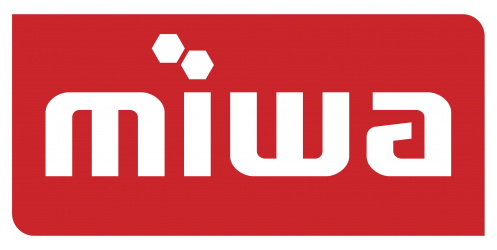There was a time, just six short months ago, when it seemed relatively easy to predict what the future held for workshops. The focus was very much on electric cars, and it was widely accepted that any workshop wishing to remain operational would have to gain appropriate skills in this area. Now, the horizon has changed, and the issues that have emerged as most pressing include altered supply chain strategies, ongoing technological innovation, coping with an ageing vehicle parc, and industry consolidation.
These issues aren’t unique to South Africa. The supply chain is also under review in Europe and the United States, where issues of supply security have made workshops look to near-shore sources, rather than Asian manufacturers.
Something else industry players need to consider is how they can best service older vehicles; a consideration made necessary by the decrease in passenger vehicle sales. Workshops may need to find new ways of servicing consumer demands as the marketplace refuses to conform to expectations; for example, it may become expedient to expand the service offering to create a one-stop-shop, including the sale of parts. This may be aided by joint ventures with parts suppliers.
Although the aftermarket industry has recovered remarkably well from the Covid-19 crisis, performing at 85-100% of its pre-Covid capacity, there is a strong likelihood of transformation as mergers and acquisitions drive industry consolidation. The industry may not look the same as it did at the beginning of the year, but there are a plethora of opportunities opening up – and these make it an exciting time for all players.


